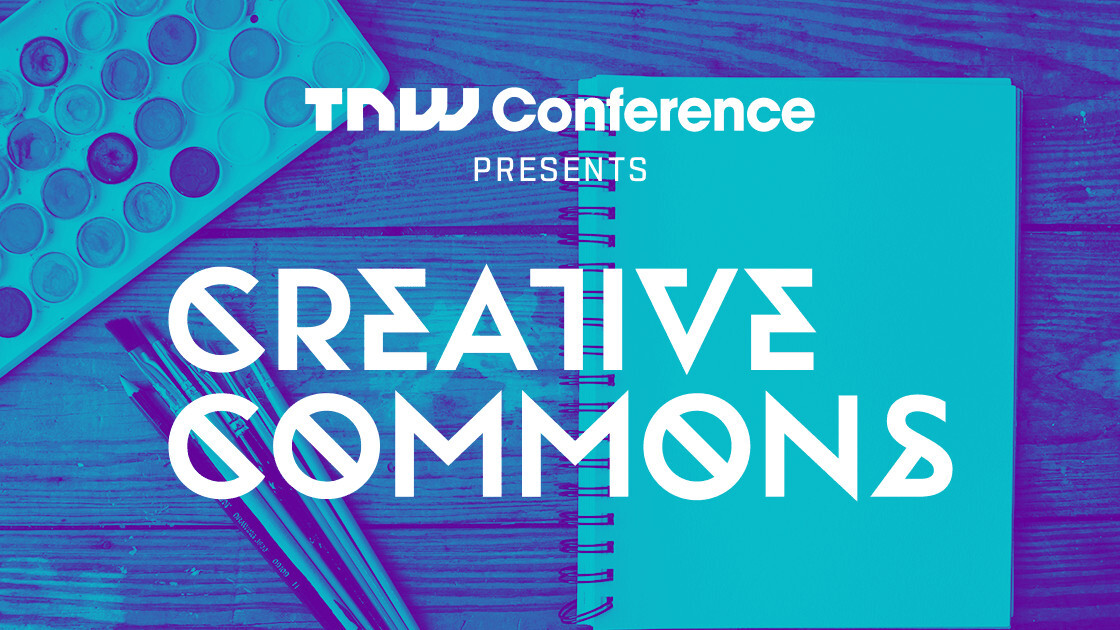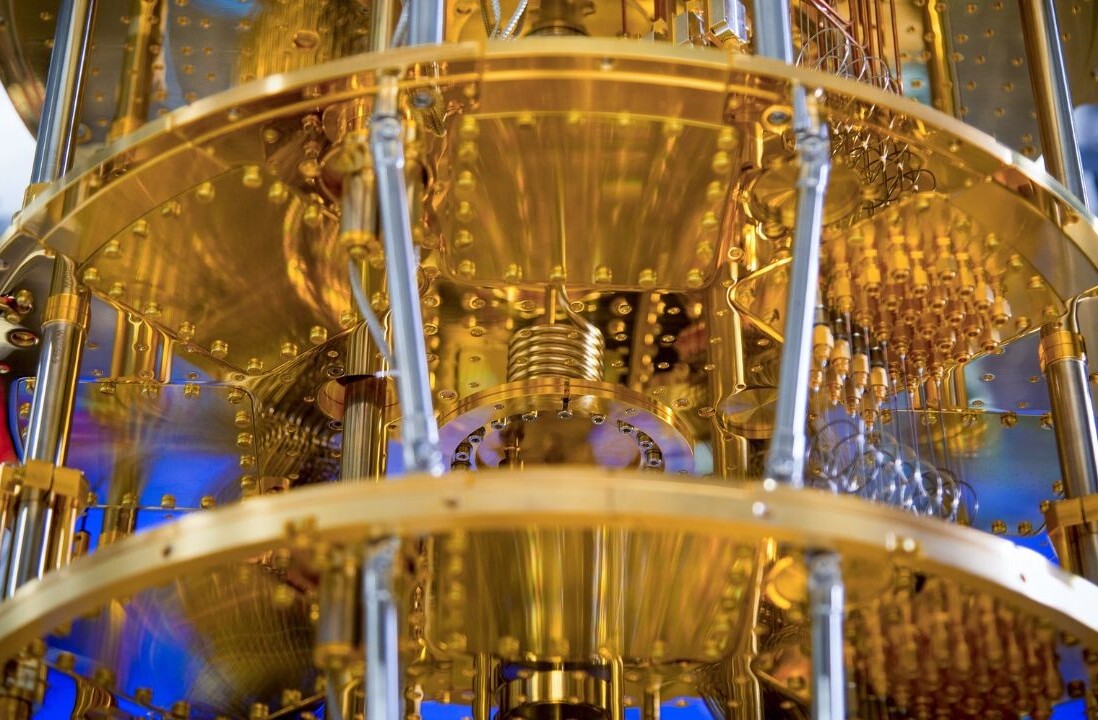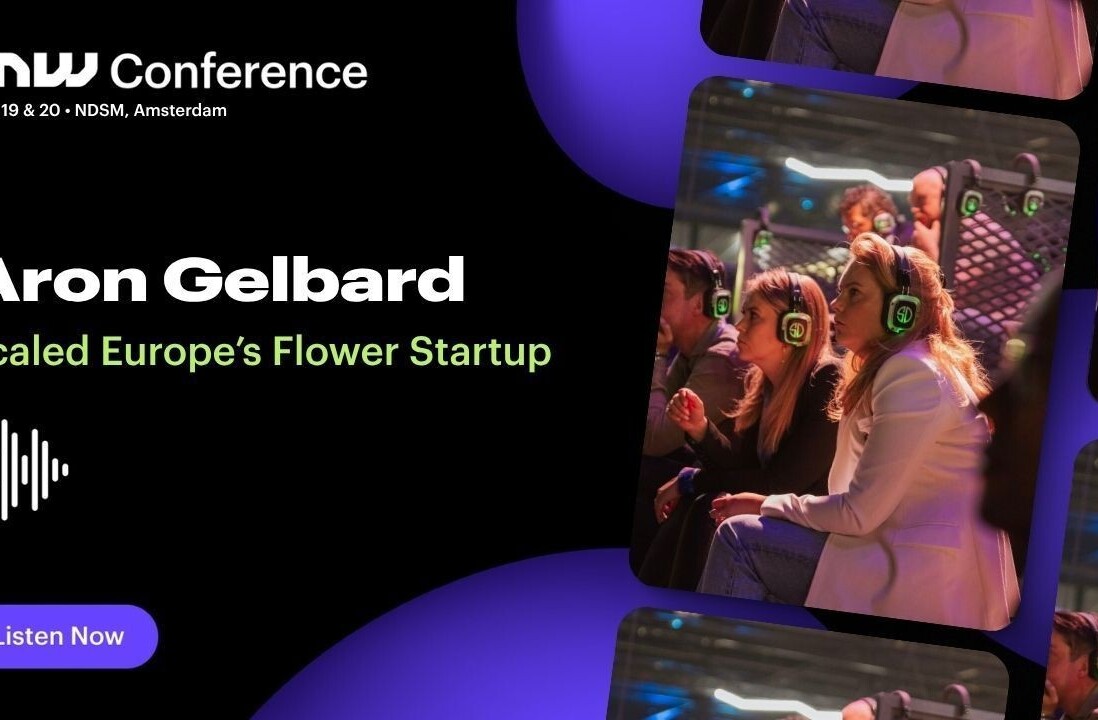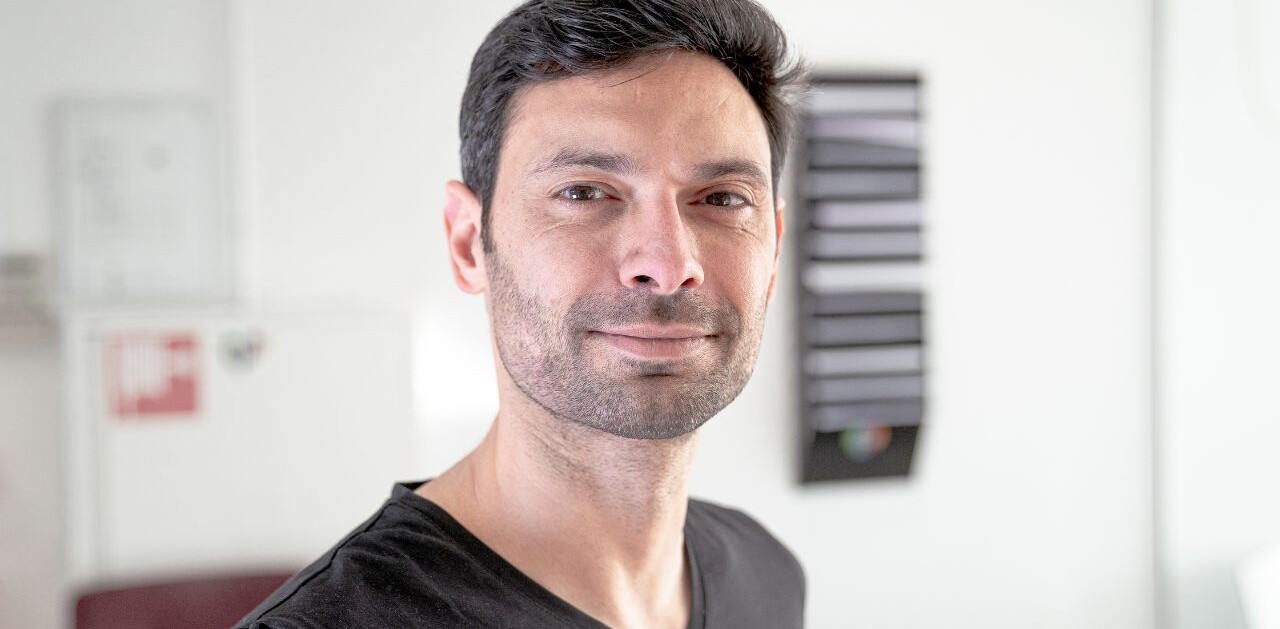
With Intel’s drone light show winning a Guinness World Record and an art collector buying an AI-composed painting for the first time, it’s clear that AI and art are becoming increasingly intertwined. This naturally raises the question of who takes ownership — as we start to see AI sign its own name on paintings, the boundaries are getting fuzzier. So what happens when an AI-composed painting wins an art award? Who gets the trophy?
At the Creative Commons track at TNW Conference, we’ll discuss the intersection between AI and art. While we certainly believe that man-made art will always have value, it’s interesting to explore the future of AI and their autonomy. So let’s examine why AI should win the trophy.
Why would we give AI art an award in the first place?
Simply put: because it’s damn good. Multiple research and experiments have proven that humans find immense value in AI art when they don’t know it’s not man-made. AI creates algorithms by evaluating existing works of art to determine style and era, and then combines them to create a new artistic style. The result is works of art that humans find “more novel, complex, and inspiring.”
In February, art collector Nicolas Laugero-Lasserre bought a painting made by Obvious’ AI for a whopping €10,000. This not only proves its beauty, but its desirability. It’s not such a stretch that we would want to reward AIs for their amazing artistic capabilities in the future, as their work grows more complex — especially when the AI signed it.

On the other hand, is it truly an expression of creativity? AI is fed man-made paintings and based on calculations provides a new interpretation of them. If we look up the terms of creativity, it seems that AI-composed art certainly does fit the bill. Most define creativity with the concepts of originality, forming new ideas, and the ability to produce new things. Isn’t that what AI is already doing? At Creative Commons, we’ll also be discussing how AI has expanded our views on creativity.
Why should the AI win the award, and not the developer?
The brains behind the AI have obviously spent enormous amounts of time and money to create such technology. So in that respect, hats off to them. But there comes a point in time where we have to step back and realize that these machines are then learning and adapting on their own, developing independent thoughts and making autonomous decisions. If an AI can gain national citizenship and pass a university course on the philosophy of love, then it seems like it should soon be treated as its own entity, no?
Autonomy is tricky because a lot of people are worried about them stabbing us in the back. As William Barry (associate professor who taught the class that an AI passed) said, “If we approach AI with a sense of dignity and sacredness of all life, then we will produce robots with those same values.” It’s a little sanctimonious and naive, but it’s a fair point. AI begins by absorbing knowledge that we give them, and if we teach them to value all human life (say, by not owning them like slaves) then I think we can all rest a little bit easier at night. Give them the trophy they arguably deserve, especially if it means we don’t get completely obliterated.
So is it even feasible?
Ah, now we get to the tricky bit. To give advanced robots with AI capabilities citizenship, responsibility, and a bank account, a ton of laws have to change. Because it’s super complicated (and a whole other article in itself), let’s assume that we’ve overcome all of those huge, complex issues. It still opens up some problems for the ownership of art, namely copyright law. If AI wants to copyright a painting, then we run into issues when we determine its expiry date. Usually, it expires 50-100 years after the author’s lifetime… which could be forever with AI. And then when does it technically die? When we switch off the robot? Isn’t the code still lying around somewhere? Can’t we reboot it?
And what about societal acceptance? Those experiments where humans valued AI art over human art didn’t know that it wasn’t man-made. Had they been aware, I really think it would skew the results. People’s biases will get in the way, and the monetary value attached to AI art will probably decrease if there’s a saturated amount for sale. We don’t know whether this Nicolas Laugero-Lassere guy is getting a steal, or if he just severely overpaid for a painting.
Conclusion
These questions about the feasibility about AI ownership, artistic value, and creativity are very hard to answer. It seems like we have our work cut out for us if we want AI to win major art awards, but it does seem like a pretty cool idea. It seems like AI is up for it too — the painting sold to that art collector was signed by the AI. Whether that was programmed or not, remains unclear. Regardless, someone wanted the AI’s name on that painting — maybe we’re not as far off as we think.
At the Creative Commons track at TNW Conference, we’ll be exploring these questions in more detail — namely, how we can use AI to keep pushing the boundaries of creativity, and how we can produce wonderful hybrid collaborations. With an amazing lineup of speakers, it’s a hard one to miss.
Get the TNW newsletter
Get the most important tech news in your inbox each week.




